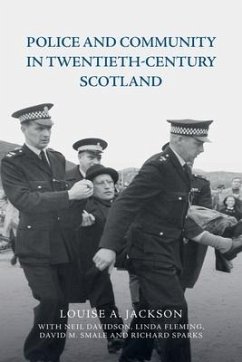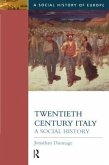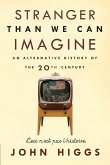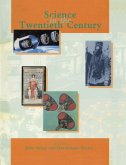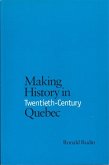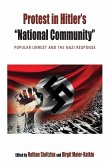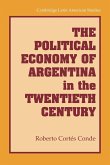The first social history to focus on Scottish policing in the 20th century This book examines the relationships forged between police officers and the diverse urban and rural communities in which they have lived and worked in Scotland across the twentieth century, demonstrating patterns that were diverse and variegated. It considers both the formal rhetoric (and sets of structures) that defined and prescribed the policing ideal as well as the experience of policing from a range of grassroots' perspectives. Drawing on a wealth of archival materials, oral history interviews, and memoirs, as well as previously unused primary sources, the author identifies and explains the factors that led to not only co-operation, consensus and the building of trust, but also points of tension and conflict across a century of social, political and technological change. - Geographical coverage of both rural and urban areas (including the Highlands and Islands as well as the Glasgow conurbation) - Focuses on social identities and the dynamics shaping police-community relationships across time - Contextualises Scottish experience in relation to broader comparative frameworks - Includes much content not previously covered from a Scottish perspective - The first UK study to compare the practices, cultures and repertoires of uniform policing in urban and rural areas in the 1940s-70s Louise A. Jackson is a Professor of Modern Social History at University of Edinburgh.
Hinweis: Dieser Artikel kann nur an eine deutsche Lieferadresse ausgeliefert werden.
Hinweis: Dieser Artikel kann nur an eine deutsche Lieferadresse ausgeliefert werden.

